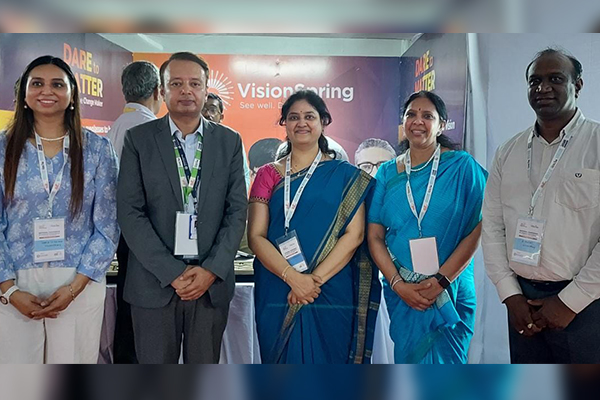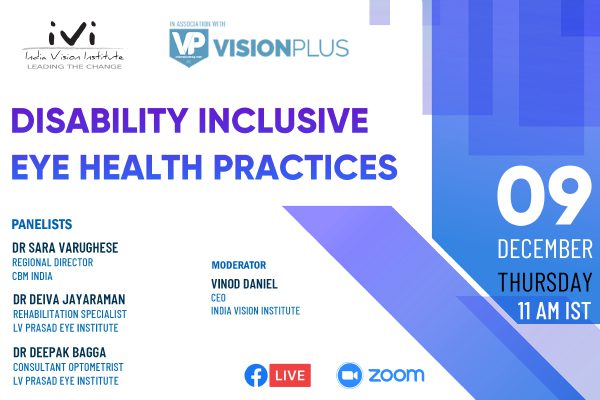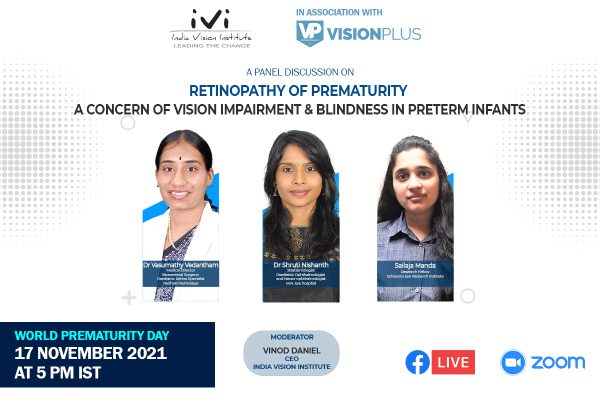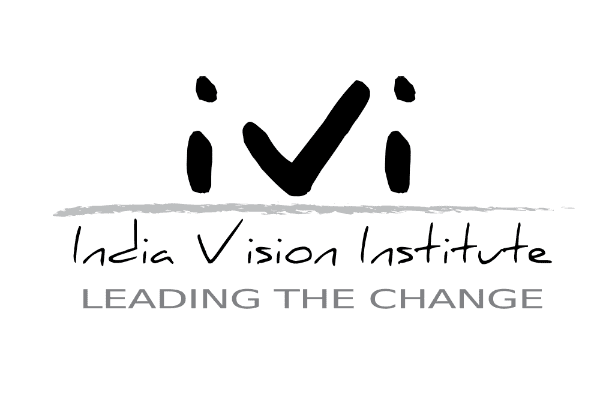The breakthrough project aims to train school children as Vision Champions, to test the eyes of their peers, family and community members.
 A research grant is enabling a first-of-its-kind study into the viability and success of a child-to-child eye screening training project in Bariada, Tanzania. The breakthrough project, which has been awarded US $80,000 by the Lions Club International Foundation’s Sight First Program, aims to train school children as Vision Champions, to test the eyes of their peers, family and community members.
A research grant is enabling a first-of-its-kind study into the viability and success of a child-to-child eye screening training project in Bariada, Tanzania. The breakthrough project, which has been awarded US $80,000 by the Lions Club International Foundation’s Sight First Program, aims to train school children as Vision Champions, to test the eyes of their peers, family and community members.
“We are very excited at the news,” said Durban-based Professor Kovin Naidoo, the Global Programs Director, Brien Holden Vision Institute, CEO of the African Vision Institute and the Principal Investigator for the research project. “We believe our Vision Champions will have a hugely significant impact in reducing the number of children in Tanzania who are living with uncorrected vision impairment.”
The Vision Champions are envisaged to be around 12 years old and are interested learners who show aptitude in their studies. Part of the training is focusing on school children being taught to give other’s simple screening tests to identify those who may require further eye care. The project also aims to encourage the children to raise awareness about the importance of good eye health.
According to Professor Naidoo, research studies have shown that high cost, language barriers, lack of access, distance and remoteness play a part in people not having regular eye examinations. Training community members to screen the eyes of the people they live close to can help overcome many of these barriers by decreasing cost, and increasing knowledge and accessibility.
“We hope this research will establish the Vision Champions as an innovative, sustainable and efficient model of delivering eye health services to the community,” said Professor Naidoo. “We believe it will improve the reach of eye health services for children by changing attitudes and raising awareness of eye health within the broader community.”
According to Professor Naidoo, uncorrected refractive error and other common eye conditions are a major problem among children under the age 15 years old in Tanzania. In many cases, if a child’s visual development is not monitored early on and if there is a risk of abnormal conditions developing, the child could live with reduced vision for the rest of their life.
“Blindness has far reaching implications for the affected child and their family as it negatively affects education, employment and social prospects” said Professor Naidoo. “This is one of the reasons why we want to pilot the Vision Champions project in Tanzania, and conduct research into its success over time” he said.












